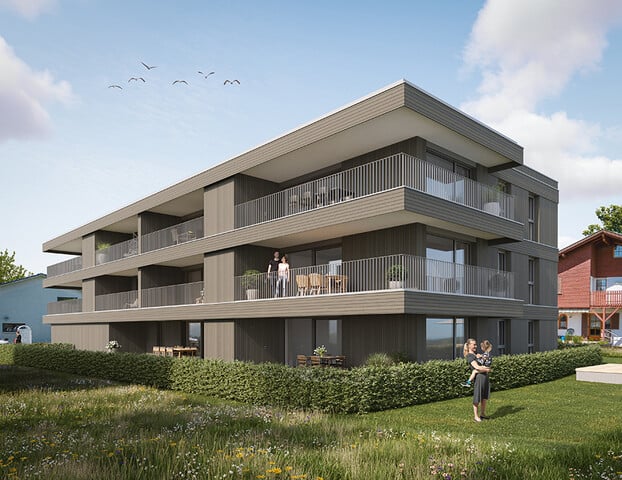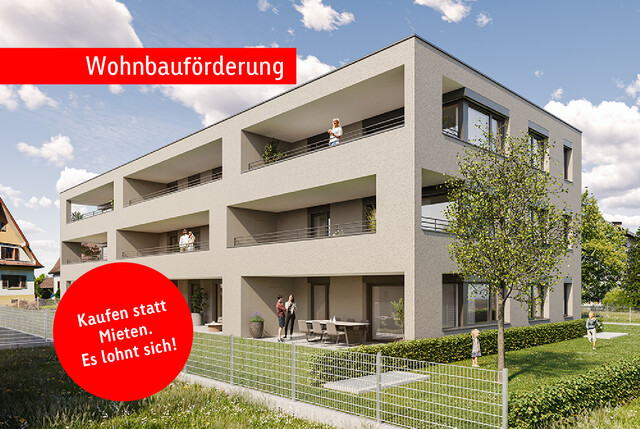Positive Balance After Six Months of Single-Use Deposit in Austria

Approximately 880 million deposit containers have been sold since the introduction of the single-use deposit, of which 357 million were returned by the end of June. This accounts for 48 percent of the bottles and 52 percent of the cans. In the first year, a return rate of 80 percent is targeted, which should be increased to 90 percent by 2027. This would allow Austria to achieve the EU collection targets two years earlier than required.
After the introduction of the single-use deposit: Between seven and nine million single-use deposit containers returned daily
Currently, according to Recycling Pfand, between seven and nine million single-use deposit containers are returned every day. The return usually occurs within seven to eight weeks. "The return numbers are currently rising continuously - this is a very good sign of a functioning return system. We are well on our way to achieving our goal of a collection rate of 80 percent by the end of the year," said Monika Fiala and Simon Parth, management of Recycling Pfand Österreich. Since January 1, 2025, the single-use deposit regulation applies in Austria to plastic bottles and metal cans to keep raw materials such as plastic and aluminum from beverage packaging in circulation and thus protect the environment.
Consumer approval for the single-use deposit
Almost three-quarters of all Austrian consumers support the still young deposit system, according to representative survey results from marktagent on behalf of Recycling Pfand Österreich. Around 80 percent of respondents feel well informed about the deposit system, and nine out of ten people know that single-use packaging subject to deposit can be recognized by the Austrian deposit symbol. The most important advantage of the single-use deposit system, cited by 70 percent, is a clean environment, followed by a circular economy and less waste incineration. "We already see after half a year of the single-use deposit that significantly fewer bottles and cans end up in nature," said Fiala and Parth.
Deposit on Single-Use Containers: High Density of Return Machines in Austria
In Austria, there is a high density of return machines due to the large number of supermarkets: Of the nearly 6,200 machines, 98 percent of single-use beverage containers were returned in stores, reported Recycling Pfand Österreich. Currently, only two percent of returns occur through other collection points such as cinemas or bakeries. Parth explained the correct handling: "It is important that the single-use deposit containers are returned empty, uncrushed, and with a label with the Austrian deposit symbol. Only then can the machines correctly recognize and accept the containers."
Praise from the Greens for Single-Use Deposit, Criticism from FPÖ
Austria is the 18th country in the EU to introduce a single-use deposit system. The former Environment Minister and Green Party leader Leonore Gewessler, who introduced the corresponding regulation in the fall of 2023, expressed satisfaction with the start on Wednesday: "Less waste in nature, more environmental protection. This is exactly the promise we have fulfilled with the deposit system. Whoever buys a deposit bottle returns it and does not throw it away. The first numbers prove: It works. And that is also clear - because that is exactly what the experience from most other countries in Europe shows. I am glad that we have succeeded in taking this important step to protect our nature."
The FPÖ sees it differently, presenting their new petition "STOP the Bottle Deposit - For Fair Consumption Instead of New Burdens" at a press conference on Wednesday. The new system was introduced only under the pretext of environmental protection and EU requirements and primarily burdens families and pensioners. Large corporations, on the other hand, would benefit. "This deposit system is an overpriced mess that not only undermines the proven collection and recycling system but also burdens consumers, local suppliers, and retailers with new bureaucratic burdens and additional costs. In truth, it is a prestige project that no one needs except the corporations," said FPÖ environmental spokesperson Thomas Spalt and FPÖ SME spokesperson Michael Fürtbauer.
(APA/Red)
This article has been automatically translated, read the original article here.
Du hast einen Hinweis für uns? Oder einen Insider-Tipp, was bei dir in der Gegend gerade passiert? Dann melde dich bei uns, damit wir darüber berichten können.
Wir gehen allen Hinweisen nach, die wir erhalten. Und damit wir schon einen Vorgeschmack und einen guten Überblick bekommen, freuen wir uns über Fotos, Videos oder Texte. Einfach das Formular unten ausfüllen und schon landet dein Tipp bei uns in der Redaktion.
Alternativ kannst du uns direkt über WhatsApp kontaktieren: Zum WhatsApp Chat
Herzlichen Dank für deine Zusendung.


